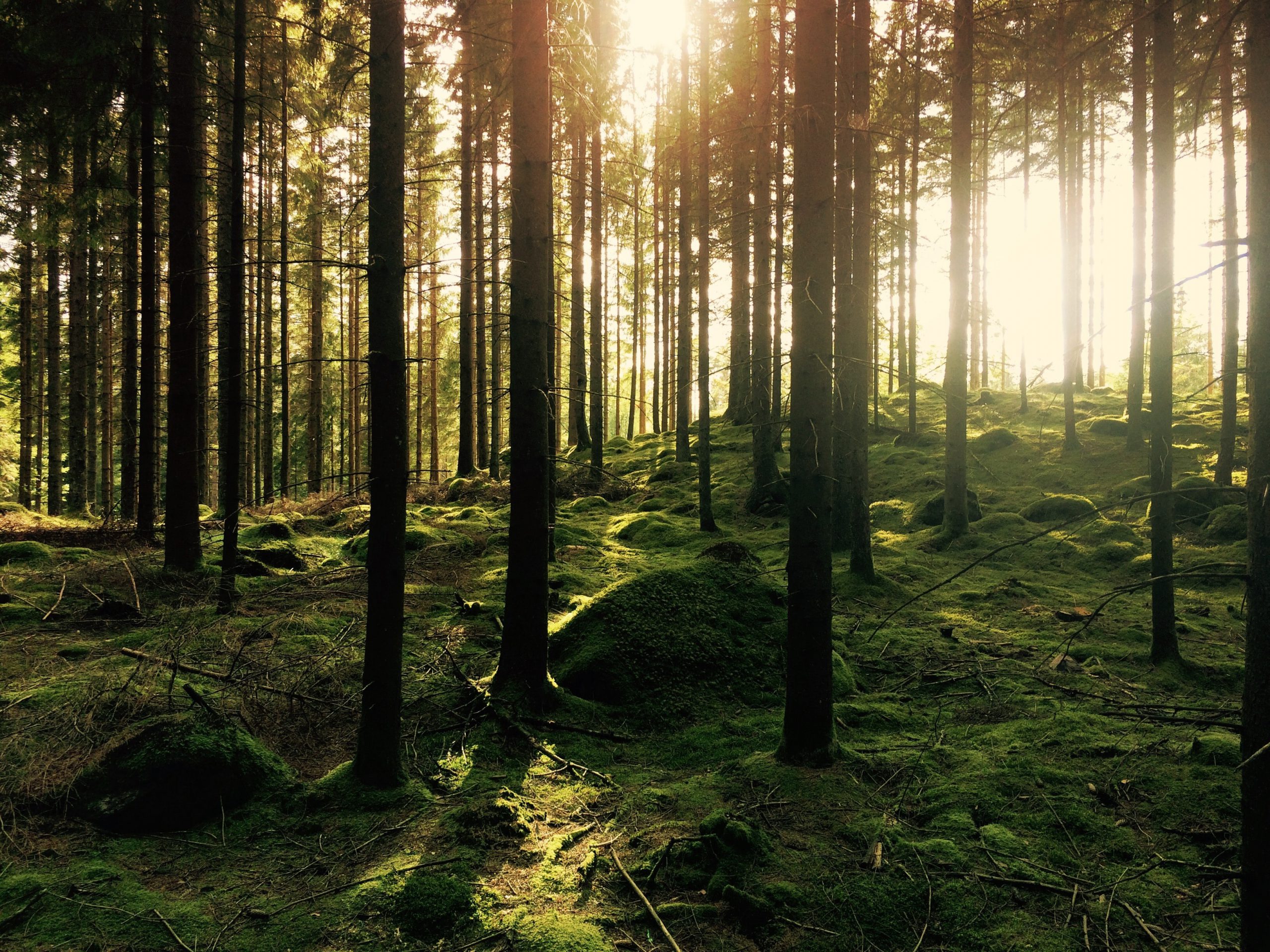You might have wondered, why we are so fascinated with trees. And if you are still wondering, then read on; we guarantee that you will love trees and forests afterwards.
Before we start, we ask you to do the following: take a deep breath for 3,2,1. Go! Done? Nice, then say “thanks trees for this fresh air.”
To keep a very long story short: we are convinced, trees are the only proven and scalable method to sequester carbon. It’s not only us. A few scientists believe this too (making our excitement for trees even bigger) and have pointed out that by planting trees on 0.9 billion hectares of land, around 205 billion gigatons of carbon could be sequestered. This is equal to 25% of the current atmospheric carbon pool.
The restoration of forested land at a global scale could help capture atmospheric carbon and mitigate climate change.
But to us trees are more than carbon sequestration methods that suck up dirty air and return fresh air to breath. They are living beings who interact and communicate with each other. They have diverse benefits on their own and even more as a group.
First and foremost, trees are protectors: they protect people and land from sun-rays and by doing so, reduce soil erosion. As a group they act as shelterbelts, protecting settlements, farmlands, and agricultural crops from wind, by reducing wind velocities. They also reduce the evaporation rate of water and keep the soil moist by blocking the sun
And have you ever seen millions of animals and insects on a flat farmland without any trees? No? Neither have we. Forests are a habitat for millions of animal species around the world. They are the key to keep nature flourishing and our planet healthy. To continue with our love for trees we want to share that trees have great effects on our water cycle: They release water vapor into the air which reduces temperatures. This is especially important in urban areas where the sun’s heat is stored in concrete and asphalt which results in higher temperatures. Trees guide polluted water into the soil, where the pollutants are stored instead of flowing into streams or oceans. Trees also store water, which flows into the soil, through their roots. This keeps the soil around trees accessible for water where it is needed for vegetables, fruit or other plants that do not have long roots themselves
Are you in love with trees yet? No worries, we have more.
Trees have direct medical benefits for us humans. A landscape with trees provides mental benefits by helping us to relax, lowering our heart rate and reducing stress. Not to mention, about 25% of the medicine we use originates from trees. Did you know that around 1.6 billion people depend on forests for their livelihoods to varying degrees? They depend on forests for fuel, for livestock grazing or, as previously mentioned, for the creation of medicine.
Hopefully we have made a few points on why trees are important and that you now value them just as much as we do.
Before you leave: please remember that in order to protect our planet from the effects of climate change, planting trees isn’t enough. New methods of carbon sequestration will need to be invented and the damaging effects of an individual lifestyle need to be taken into consideration. In order for this to happen the human mindset will need to change and luckily we can start right now.
If you are interested in learning about climate change mitigation efforts check out Project Drawdown.

